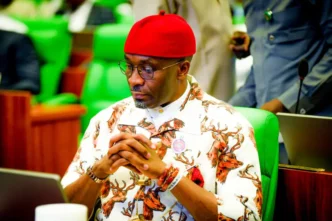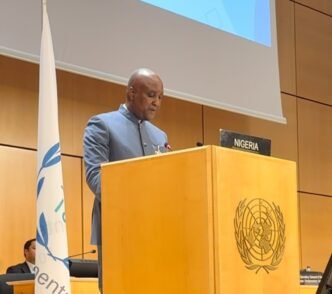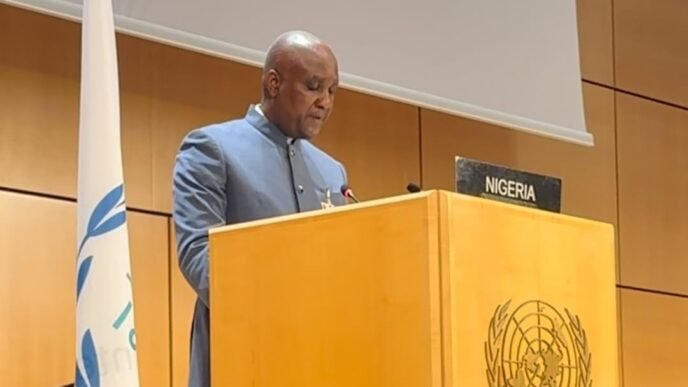HB 2057
A BILL FOR AN ACT TO ALTER THE CONSTITUTION OF THE FEDERAL REPUBLIC OF NIGERIA, 1999 (AS ALTERED) TO GUARANTEE INDIGENE STATUS TO PERSONS BY REASON OF BIRTH OR CONTINUED RESIDENCE FOR A PERIOD NOT LESS THAN TEN YEARS OR BY REASON OF MARRIAGE; AND FOR OTHER RELATED MATTERS. Bill sponsor Hon. Benjamin Okezie Kalu, Bill Progress: Withdrawn on July 29, 2025.
This Bill seeks to alter Sections 31 and 318 of the Constitution to guarantee indigene status in any State in Nigeria to persons by reason of birth or continued residence for a period not less than ten years or by reason of marriage.
In a significant move aimed at reforming the concept of indigene status in Nigeria, a new House Bill, titled “HB: 2057,” has been introduced to amend the 1999 Constitution. The proposed legislation seeks to expand the criteria for acquiring indigene status, a designation that holds substantial social and political weight across the country. The bill suggests three primary avenues through which individuals could claim indigene status.
Firstly, those born within a state would automatically be considered indigenes, regardless of their parents’ origins. This approach marks a notable shift from the current framework, which primarily ties indigeneity to ancestral lineage.
Secondly, individuals who have resided continuously in a state for a minimum of ten years would also be eligible for indigene status. This provision aims to address the situation of long-term residents; many of whom have made considerable contributions to their communities yet remain classified as “non-indigenes.”
Lastly, the bill proposes that individuals who marry an indigene could acquire the status of an indigene in that state. The proposed amendments target specific sections of the Constitution, including Section 31, which addresses citizenship, and Section 318, which contains definitions relevant to the Constitution.
The redefinition of indigeneity is expected to open avenues for increased inclusivity, addressing longstanding issues of discrimination against “non-indigenes.” Supporters of the bill argue that broadening the definition of indigene could help alleviate systemic discrimination that has historically marginalized individuals who may have lived in a state for generations without recognition. It could also impact resource allocation, political representation, and community dynamics, potentially reshaping traditional power structures.
However, the bill is not without its critics. Concerns have been raised about the preservation of cultural identities and the possible dilution of ethnic distinctions, as well as fears that the new definition of indigeneity could spark conflicts or disrupt existing social structures. As discussions surrounding the bill unfold, the implications for social cohesion and national identity remain at the forefront of public debate.
The pursuit of greater inclusivity comes with practical challenges, including the verification of residency and marriage claims. Ultimately, the proposed legislation signals a pivotal moment in Nigeria’s ongoing dialogue about identity, belonging, and citizenship, and its passage could lead to significant changes within Nigerian society.













